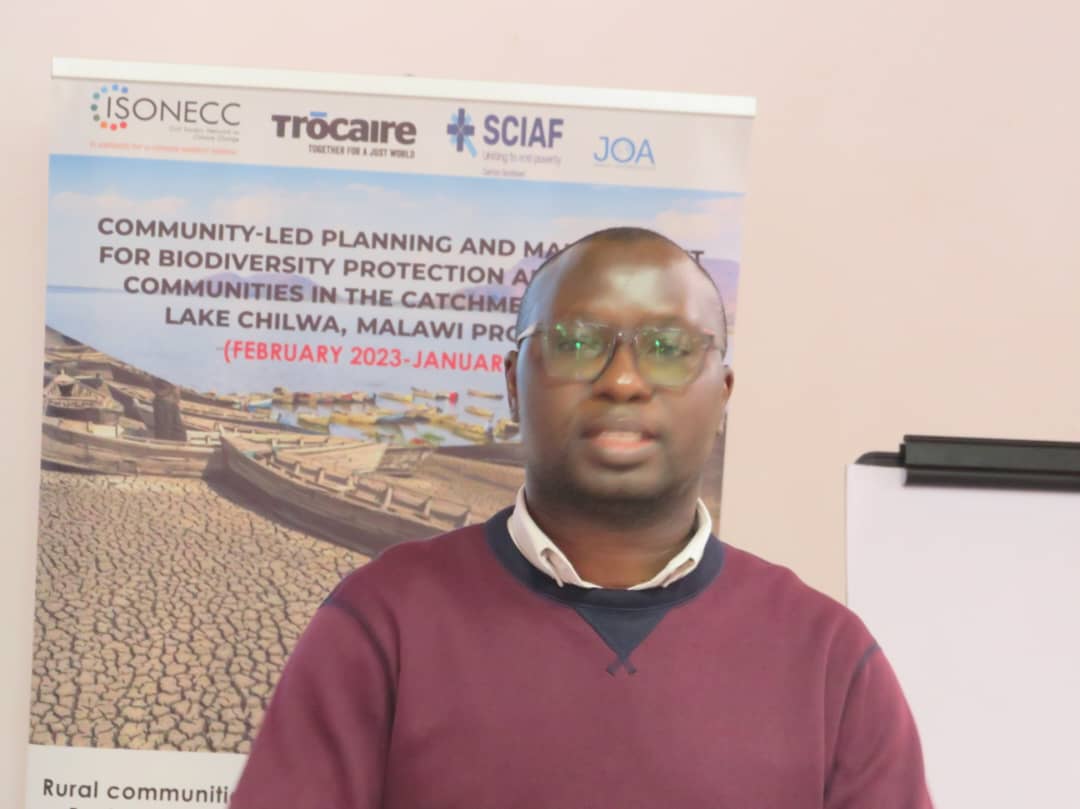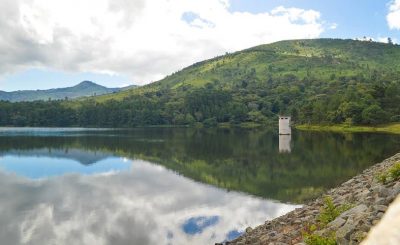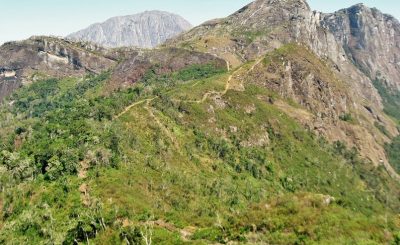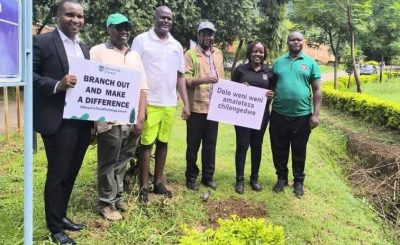The Civil Society Network on Climate Change (CISONECC) has urged stakeholders in the management of the environment to continuously engage with communities in the Lake Chilwa Basin districts in the protection of the biodiversity.
CISONECC national coordinator, Julius Ng’oma, said climate change issues are influenced by human activities, therefore, there is need to advocate for strategic policy measures that can help to protect the biodiversity in the three Lake Chilwa Basin districts of Zomba, Phalombe and Machinga.
He was speaking at a stakeholders’ consultative workshop in Zomba on the influencing strategy for the Lake Chilwa Basin project which his organization is implementing in partnership with International Centre for Research in Agroforestry (ICRAF), and Churches Action in Relief and Development (CARD) with financial support from Jersey Overseas Aid (JOA), Trocaire, and the Scottish Catholic International Aid Fund (SCIAF).
“We arranged for a consultative stakeholder meeting due to continued depletion of natural resources in the Lake Chilwa Basin districts. We need advocacy on strategic policy measures in order to protect biodiversity in these areas,” Ng’oma said.
In his remarks, Machinga district environmental officer, Andrew Kaitano Hamuza, said continued depletion of natural resources in the Lake Chilwa Basin has some disastrous effects to the communities in the area.
“Lake Chilwa serves as a livelihood for communities around the area. However, mismanagement of the resources hampers conservation efforts being undertaken by various non-governmental organisations and government departments. Strategic policy measures should be enhanced to curb the situation,” Hamuza explained.
The national youth network on biodiversity representative, Linda Phiri, appealed for concerted efforts in the management of the available natural resources.





